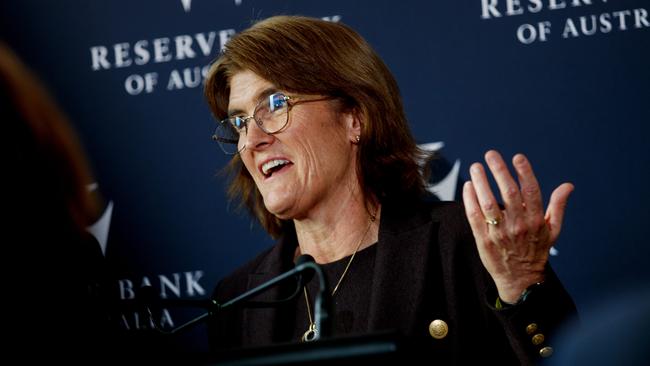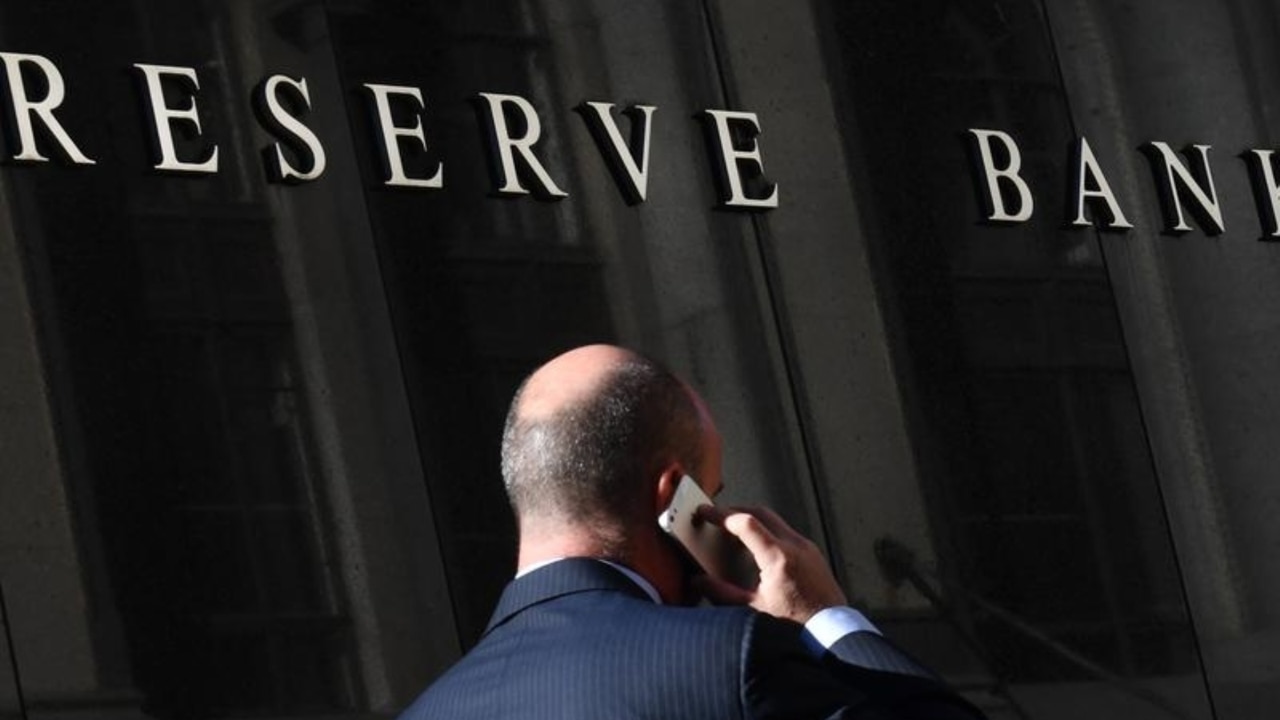RBA board to dismiss energy rebates
The Reserve Bank has signalled it will look past the impact of the federal government’s energy bill rebates when deciding whether to move interest rates.

The Reserve Bank has signalled it will look past the impact of the federal government’s energy bill rebates when deciding whether to move interest rates, saying the downward pressure on inflation from subsidies will be “reversed later in 2025”.
The comments in newly released minutes from the RBA’s June board meeting come as economists predict taxpayer-funded power bill rebates will drive consumer price growth down to about 2.5 per cent by the end of this year, but that this will not be enough to convince the central bank to deliver a rate cut for struggling mortgage holders.
Indeed, the minutes confirm a growing concern among members of the interest rate-setting board that price pressures were not cooling as quickly as hoped, and worries that households may be more willing than expected to spend, despite intense cost-of-living pressures and high interest rates.
The RBA board considered the case for a hike at its June 17-18 meeting, before ultimately leaving the cash rate at 4.35 per cent.
“The information received since the previous meeting had reinforced the need to be vigilant to upside risks to inflation, and that the extent of uncertainty at present meant it was difficult either to rule in or rule out future changes in the cash rate target,” the minutes say.
The minutes note “returning inflation to target remains the board’s highest priority and it will do what is necessary to achieve that outcome. Members also affirmed their assessment that it was still possible to achieve the board’s strategy of returning inflation to target in a reasonable time frame without moving away significantly from full employment, even though this ‘narrow path’ was becoming narrower.”
Since that meeting, however, the inflation outlook has become more troubling.

Monthly consumer price figures have shown inflation accelerated to 4 per cent in the year to May, more than doubling the chance of a 14th interest rate increase at the August board meeting to about 40 per cent, according to financial markets.
A number of bank economists now predict a hike next month, while others pushed back mortgage relief until around mid-2025.
Echoing recent comments from RBA deputy governor Andrew Hauser, the board minutes note members gave “little weight to the signal for inflation” from the monthly inflation figures, which at any point include at most 60 per cent of prices.
Treasurer Jim Chalmers has vowed that extra cost-of-living support, including a federal $300 energy bill rebate and similar state subsidies of as much as $1000 for all households regardless of need, will help bring inflation down.
The RBA’s June statement for the first time flagged that board members have become more worried that big-spending federal and state budgets had become a complicating factor in the fight to get consumer price pressures back under control.
Billions of dollars in government subsidies “may also have an impact on demand, although federal and state energy rebates will temporarily reduce headline inflation,” last month’s statement said.
The newly released board minutes, however, make no mention of any discussion around the stimulatory impact of new budget spending. Instead: “Since the previous meeting, a number of Australian governments had released their budgets for 2024-25,” the minutes say.
“Energy rebates and rent assistance would lower headline inflation in 2024, though this direct effect would be reversed later in 2025. Members noted that the staff would incorporate an assessment of the impact of the budgets on the outlook for output and inflation in the August forecasting round.”
The RBA board has said it “needs to be confident that inflation is moving sustainably towards the target range”, and in particular back to the midpoint of its 2-3 per cent range by mid-2026.
The minutes signal temporary distortions to electricity prices will not add to this confidence.
Westpac chief economist Luci Ellis said forecasts for inflation at the end of next year would be the same with or without electricity rebates, although the path to get there would look different as the subsidies roll on and – presumably – off again.
Westpac forecasts headline consumer price growth will lift from 3.6 per cent in the year to March, to 3.8 per cent in June, before dropping to 2.9 per cent by December as various cost-of-living measures take effect. Various taxpayer-funded subsidies will push inflation down to 2.4 per cent by mid-2025, before it lifts back to 3.1 per cent six months later.
NAB head of market economics Tapas Strickland said the minutes show the RBA is “reluctant” to hike, and that the board “is becoming less comfortable with its current approach, but is also waiting on more data”.






To join the conversation, please log in. Don't have an account? Register
Join the conversation, you are commenting as Logout